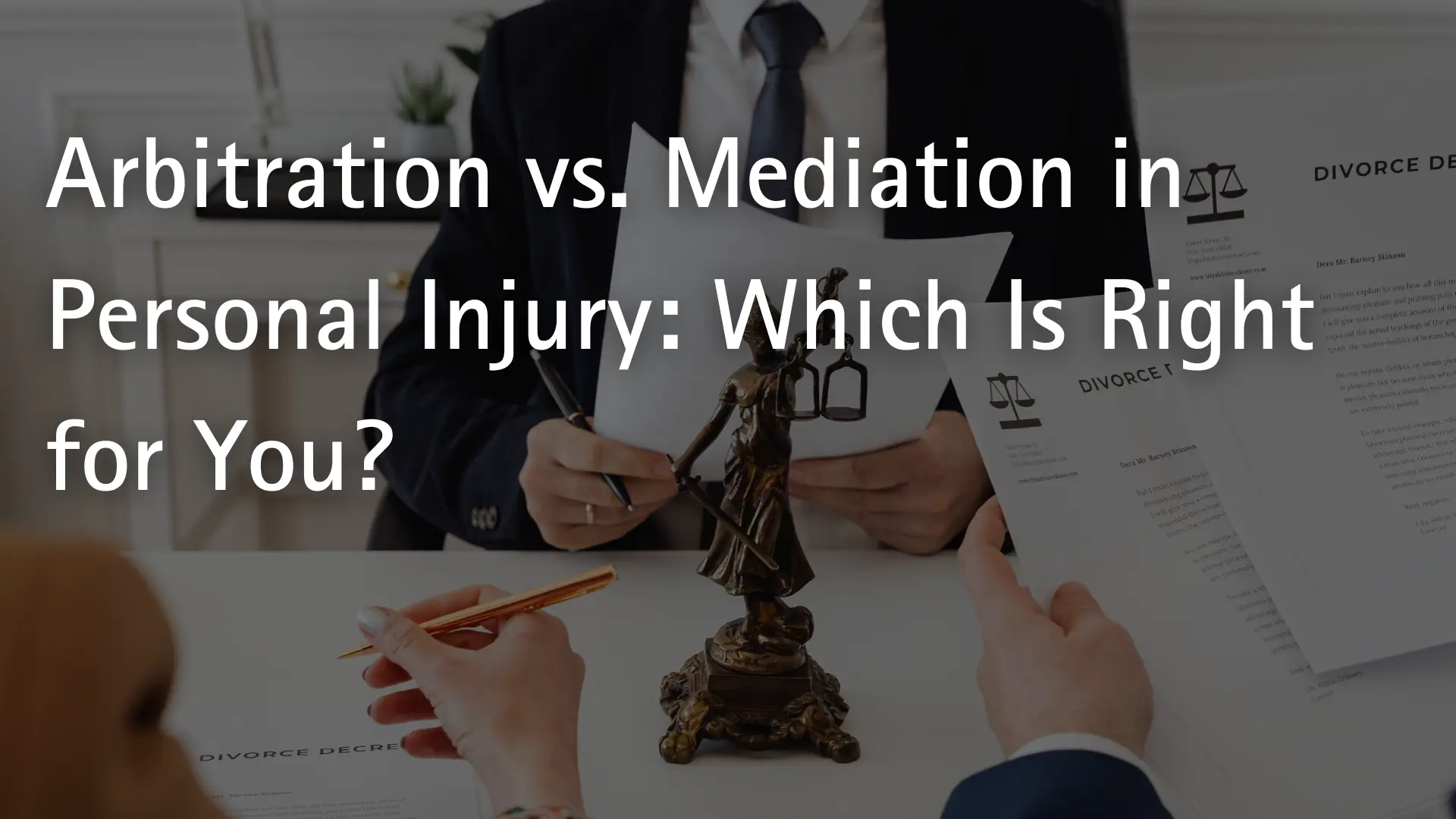
Two of these alternative dispute resolution options are arbitration and mediation. What are the key differences between these two approaches, and which method is right for you? Understanding the pros and cons of mediation versus arbitration can help you decide.
Key Differences: arbitration vs mediation in personal injury
Mediation and arbitration are two forms of alternative dispute resolution that allow parties to resolve their differences without trial. In mediation, a neutral third party helps both sides communicate. Bring them closer until they find common ground and reach a mutually beneficial resolution. Once agreed upon and signed, mediation agreements in Montana are legally binding and enforceable and can only be overturned under specific circumstances.
In arbitration, a neutral third party, called an arbitrator, is selected by mutual agreement or as provided by law to oversee the arbitration process. The arbitrator hears each side of the case and enters a decision. Montana recognizes binding and non-binding arbitration agreements. In binding arbitration, an arbitrator’s decision is final and legally enforceable.
Non-binding arbitration means that if either party disagrees with the outcome, they can pursue other options like litigation. Understanding the differences in arbitration vs mediation in personal injury cases is key to choosing the most effective dispute resolution strategy.
Arbitration and mediation are similar in that, unlike litigation, they are confidential. Both alternative dispute resolution forms are generally cheaper and faster than a lawsuit. Knowing the role of mediation and arbitration in personal injury cases can help injury victims make informed decisions about resolving their claims efficiently.
One key difference between arbitration and mediation is that a mediator helps foster communication between two disputing parties so that they can reach their preferred resolution through compromise. In arbitration, the arbitrator acts more like a judge, listening to both sides of a case and then deciding on the outcome.
Another difference is that the arbitration process tends to be more formal and structured than mediation, which is less rigid.
Pros and Cons of Mediation vs. Arbitration

Another benefit to mediation is that it is generally less expensive than arbitration. Although the costs of arbitration versus mediation in personal injury cases vary, mediation tends to be faster and more cost-effective. However, both mediation and arbitration are less expensive than litigation.
Mediation is also beneficial because the process can be more flexible and informal, allowing both parties to feel heard and get a chance to participate in the process.
One disadvantage of mediation is that it is not legally binding without both parties signing a settlement agreement. While at the negotiating table, both parties may agree to a specific outcome, but the outcome cannot be legally enforced unless they both sign the settlement agreement.
One of the advantages and disadvantages of binding arbitration is that the outcome is final and legally binding. This outcome is good news if you agree with the arbitrator’s decision. It’s bad news if you disagree and have few options for challenging the outcome. Another potential disadvantage is the price tag, including arbitrator fees and administrative costs.
Is mediation better than arbitration for injury claims? That depends. Mediation is always a good place to start because it gives you more control and flexibility. Also, when mediation fails, you generally still have other options available. You can still move to arbitration or litigation to resolve your case, which is another distinct advantage of mediation.
When to choose arbitration over mediation in accident claims also depends on your circumstances. If you want to establish a binding decision from the start or don’t believe the other party can negotiate during mediation in good faith, arbitration may be a better solution.
A Personal Injury Lawyer Can Guide You to Legal Solutions that Address Your Concerns
Mediation and arbitration are viable alternatives to litigation. However, you still need the help of an experienced personal injury attorney to make use of these solutions. At Travis & Brann, PLLP, we can review your case and outline the options that give you the best chance of obtaining a favorable outcome.
Call our office today at (406) 752-7550 or contact us online for a confidential legal consultation with a Kalispell personal injury lawyer.
Related Post
Arbitration vs. Mediation in Personal Injury Cases: What You Need to Know
Understanding Your Rights: The Role of a Personal Injury Attorney
